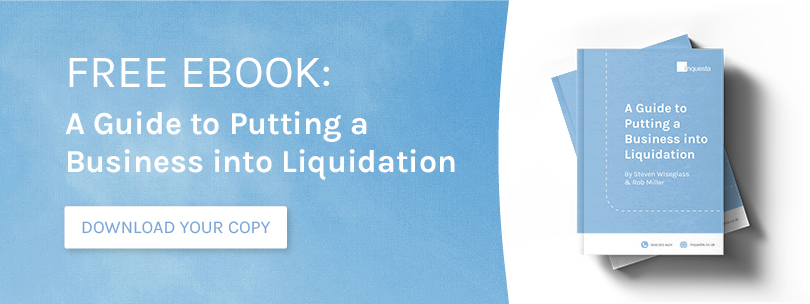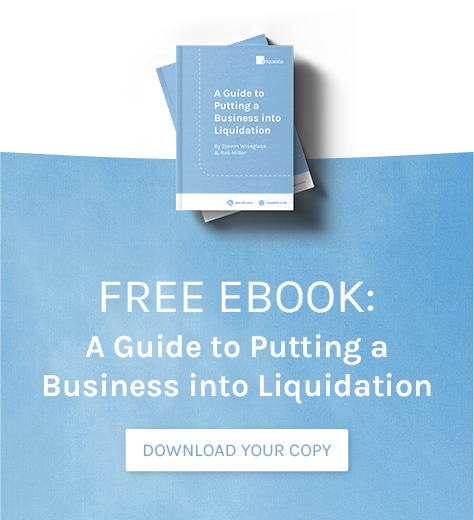Whatever industry you are in, bringing your products to market is always going to cost money. These expenses come from all areas of the manufacturing process, from design and development to tools and staffing.
A more pressing matter is the fact that these costs will have to be paid even before your product hits the shelves, so you cannot even rely on sales income to offset your initial expenses. This is especially true for startup enterprises, who have to bear the brunt of production costs at a very early stage in their lifespan.
It is therefore crucial for businesses to reduce the cost of production as much as possible to ensure that you keep more money in your bank account. The key to this is being proactive and actively searching for methods to lower their expenses before their budget starts feeling the pinch.
Types of Production Costs
Before we explore the different ways to reduce the cost of production, we will first of all look at the types of expenses you will encounter as a business owner. Keeping all of these costs in check will not only give you confidence in your ability to stay on budget, but could also help your company grow more quickly.
Fixed Costs
A company’s fixed costs will never vary according to their level of production. They will instead remain the same regardless of whether any goods or services are produced or not – so they can never be avoided.
If, for example, a company has to pay £3,000 each month to rent a machine it uses to manufacture its products. No matter if it produces one or one thousand units, they will still have to pay rent on the machinery.
Other examples of fixed costs include lease and rental payments, utilities, insurance, interest payments and certain salaries.

Variable Costs
These types of charges will fluctuate as business activity increases and decreases, since they are directly related to output. This means that as volume increases, so will the overall cost of your expenses. Examples of variable costs include commissions, raw materials or labour.
Semi-Variable Costs
Companies will also incur costs that are a mixture of both fixed and variable. An example of this is employee salaries. While staff wages are something that will need to be paid each month (making them fixed) the actual amount of money may change, for instance, if some of the staff members receive a salary increase.
Dealing with Cost Increases
However quickly your business progresses, its cost structure will inevitably increase as a result. For example, you may need to expand into new premises or invest in new equipment to keep up with demand.
When making these new investments, it is essential that you work out exactly how much volume you will need to maintain or increase your profit margins and cover these new expenses. Keeping a close eye on your cash flow forecasts will ensure that you maintain control of your outgoings and prevent your expansion from putting your company out of business.
How to Reduce the Cost of Production
Now that you have a clear understanding of the types of expenses your business will face, we will now look at several ways you can reduce the cost of production.
Review your Supply Chain
It is a good idea to constantly review your supply chain to see if you are still getting as much value for money as possible. Some companies may stick with the same suppliers out of habit, just because they were given a fantastic introductory offer. However, they may upon review find that their arrangement no longer works in their favour.
You should therefore conduct a thorough review of your entire supply chain to see if you can identify costs that have increased over time, then work out if you can renegotiate a new deal with your current suppliers. If this is not possible, then you must be prepared to go out to market to see if you can obtain a deal that is better for you.
If you are a UK-based company, you may find that your supply chain might contain several companies that are from overseas. It could therefore be a good idea to conduct a review and see if any savings can be made by switching to British manufacturers. Typical savings could include not having to deal with fluctuating exchange rates, import taxes and shipping costs. You may also find that you receive your raw materials even faster, meaning you can be even more efficient with your production.
Utilise Technology
Technology can help businesses reduce their costs in two main ways. It will first of all allow for certain production processes to be automated – resulting in greater consistency and a drop in costs.
Software can also analyse your production processes to see if there is any room for improvements. For example, technology can be used to identify bottlenecks that are causing time delays, allowing the entire process to run more smoothly.

Control Inventory & Purchases
The longer you keep hold of your stock and raw materials, the more storage fees you will need to pay. It is therefore essential to keep a close eye on your inventories so you know exactly when to restock your supplies and ensure you are not stuck with obsolete materials.
A shortage of inventories could lead to backorders that require you to add on additional transport costs and even result in dissatisfied customers. On the other hand, having too much stock in your possession will result in higher insurance and maintenance costs and can even result in contamination if you work with perishable items.
Investing in purchase management systems or inventory management systems can greatly help you reduce the cost of production. The former enables you to manage your purchases more efficiently, while the latter will automate your inventory tracking – so you can easily monitor your stock levels.
What do you do When Your Costs Become Unsustainable?
If you find that you are already struggling with your production costs and are unable to make any changes that will yield fast results, it is essential that you seek expert guidance as soon as possible. An independent advisor will be able to look at your circumstances and pinpoint ways you can turn around your financial situation.
How Inquesta can Help
Finding ways to reduce the cost of production is just one of the methods you can use to keep an eye on your cash flow situation. Since a large proportion of small enterprises go to the wall because they are not adequately monitoring their incomings and outgoings, cash flow management should be at the top of the list for every business owner.
If you need assistance with managing your finances, our Risk Services team can help. We will carry out a thorough investigation of your company and provide you with expert solutions to improve your liquidity.
To find out more about how Inquesta can help, book a free consultation or contact our team today.



